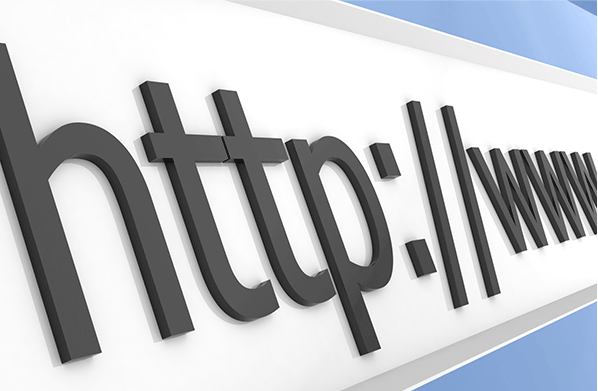Today, the Federal Communications Commission (FCC) begins the process to undo Obama-era regulations on the internet and the trolls are angry.
During its monthly meeting, the FCC is expected to accept the new chairman’s proposal to reverse net neutrality rules. The vote by the three-member panel is expected to fall along along party lines, but to pass and set up a months-long reversal process.
Democrats took to Twitter yesterday to whip up some last minute opposition ahead of today’s vote:
Sen. Maria Cantwell @SenatorCantwell : Rolling back #NetNeutrality so big cable & telecom providers can erect toll lanes would threaten the fundamental nature of the #Internet 2:09 PM – 17 May 2017
Elizabeth Warren @SenWarren: .@realDonaldTrump’s @FCC votes tomorrow to gut #NetNeutrality rules that keep the internet free & open, & hand control to big broadband.
If you’re wondering what net neutrality is all about, simply put, the FCC (under President Obama) decided to declare that the broadband internet is a utility like water and then declared that they had authority to regulate what internet providers can do in supplying internet. The FCC stopped internet companies from charging customers differently for different levels of internet speed.
On one side are the internet providers (like Verizon and Comcast). Lined up on the other side are consumer groups that provider internet access to Americans and big internet companies like Facebook and Google which generate a tremendous amount of content like birthday party photos, cat memes, and babies dancing to Beyonce songs. Celebrities like late-night comedian John Oliver have rallied against reform to save the current net neutrality rules and directed big audiences to speak in support.
The battle has been bruising with a lot of misinformation and nastiness – particularly on the part of the net neutrality supporters. So much so that John Oliver had to tell his supporters to stop the racist and personal attacks against the new FCC chairman Ajit Pai on the government’s public commenting website.
We’ve taken time to explain why this issue is purposefully being distorted to make it seem as if the issue is about creating an open internet when in fact the FCC’s net neutrality rules were a power grab for government to control the internet and disrupt how the market works.
Why should a Washington bureaucrat determine what a private company charges customers who want different levels of a service? There’s a reason why some drivers will pay an extra few dollars to ride in an empty fast lane.
Another interesting point is that putting regulatory power in the hands of government will not guarantee a better result than the private market. One tech entrepreneur, who was against net neutrality rules three years ago when the discussions first began, put it clearly and simply in Forbes:
“Think of an industry that has major problems. Public schools? Health care? How about higher education, student loans, housing, banking, physical infrastructure, immigration, the space program, the military, the police, or the post office? What do all these industries and/or organizations have in common? They are all heavily regulated or controlled by the government. On the other hand we see that where deregulation has occurred, innovation has bloomed, such as with telephony services. Do you think we’d all be walking around with smartphones today if the government still ran the phone system?
…
Internet bandwidth is, at least currently, a finite resource and has to be allocated somehow. We can let politicians decide, or we can let you and me decide by leaving it up to the free market. If we choose politicians, we will see the Internet become another mismanaged public monopoly, subject to political whims and increased scrutiny from our friends at the NSA. If we leave it up to the free market we will, in time, receive more of what we want at a lower price. It may not be a perfect process, but it will be better than the alternative.”
We have a chance to see government control of the internet scaled back before it can do more harm – and yes, there has been harm in the form of less investment in infrastructure.
As we continue to track this important issue, we hope that women don’t tune out or worse tune into the misinformation coming from the wrong channels.


